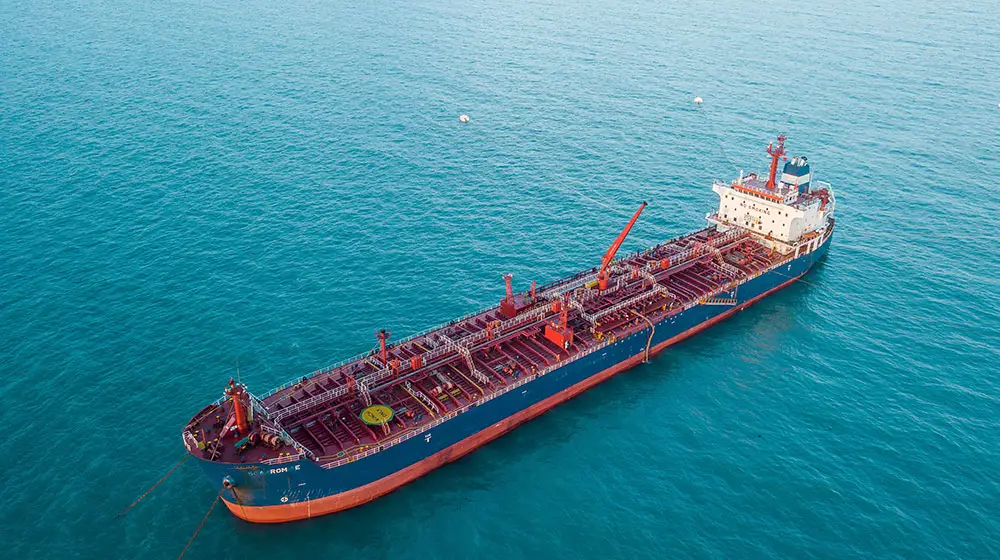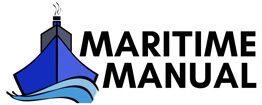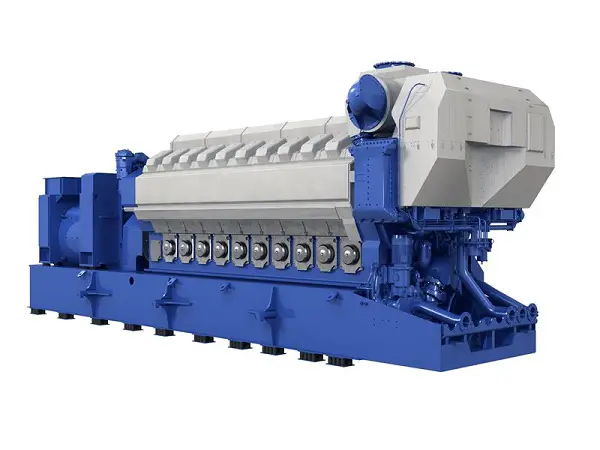Hydrodynamic Analysis Database Gives Charterers ‘Sneak Peak’ Into Fuel Performance

Propulsion Dynamics has responded to industry concerns over the expected spike in bunker fuel costs and increasingly stringent environmental legislation. The company’s new offering, Inferred Fuel Performance, allows a ‘sneak peak’ of a vessel’s expected performance based simply on its type. Latest reports suggest that global shipping fuel costs are predicted to rise by a quarter ($24 billion) in 2020 when the new International Maritime Organization (IMO) 0.5% global sulphur cap on fuel becomes effective.
This ballooning cost has resulted in a heightened interest by charterers on the fuel efficiency of their ships. “Inferred Fuel Performance takes vetting to a new level. It allows the chartering department to have a clear insight of the likely fuel performance of a vessel, based on our database of performance analysis, before chartering-in a vessel,” explains Daniel Kane, Vice President of Propulsion Dynamics’ CASPER® Service. The new offering, while separate from the widely-known CASPER® Service, adopts the same principles of the model with over 5,000 ship-years of experience.
The information captured over the years has resulted in a substantial, essential and continually growing database that underpins Inferred Fuel Performance. “Through the ship’s unique IMO number we are able to locate ships of similar dimensions in our CASPER® database, we then take the hydrodynamic correction factors for those ships with similar dimensions and estimate clean ship performance found from trials. By considering such factors as the age of the ship, time out of dock, [AIS-based] service patterns and prior hull/propeller treatments – in dock and in water maintenance if available – we are able to assign a likely added resistance to the ship. This added resistance factor allows us to create likely fuel performance curves corrected for multiple sea states, draft and speed regimes,” explains Kane.
The process is simplified, as there is no sea trial or noon reports required to infer the fuel performance of a vessel. With its fast-track estimation it places fuel performance at the forefront of all commercial activities.
“Inferred Fuel Performance is part of our commitment to providing not just shipowners and ship managers but charterers too with the tools they need to make big data, analysis-driven decisions based on real-time ship performance information, to further optimize operations and improve energy efficiency,” explains Kane. The CASPER® Service, which was introduced back in 2002, is currently in active use on hundreds of tankers, containerships, bulkers, Ro-Ro’s and general cargo vessels.
When using the Service, the vessel’s hull and propeller performance is regularly analyzed from noon reports or the auto-logged data system. Anomalies in data quality or ship performance is highlighted and recommendations are issued to ensure data integrity, and that hull or propeller performance is at an optimal level in order to sustain efficiency.
Source: Propulsion Dynamics







